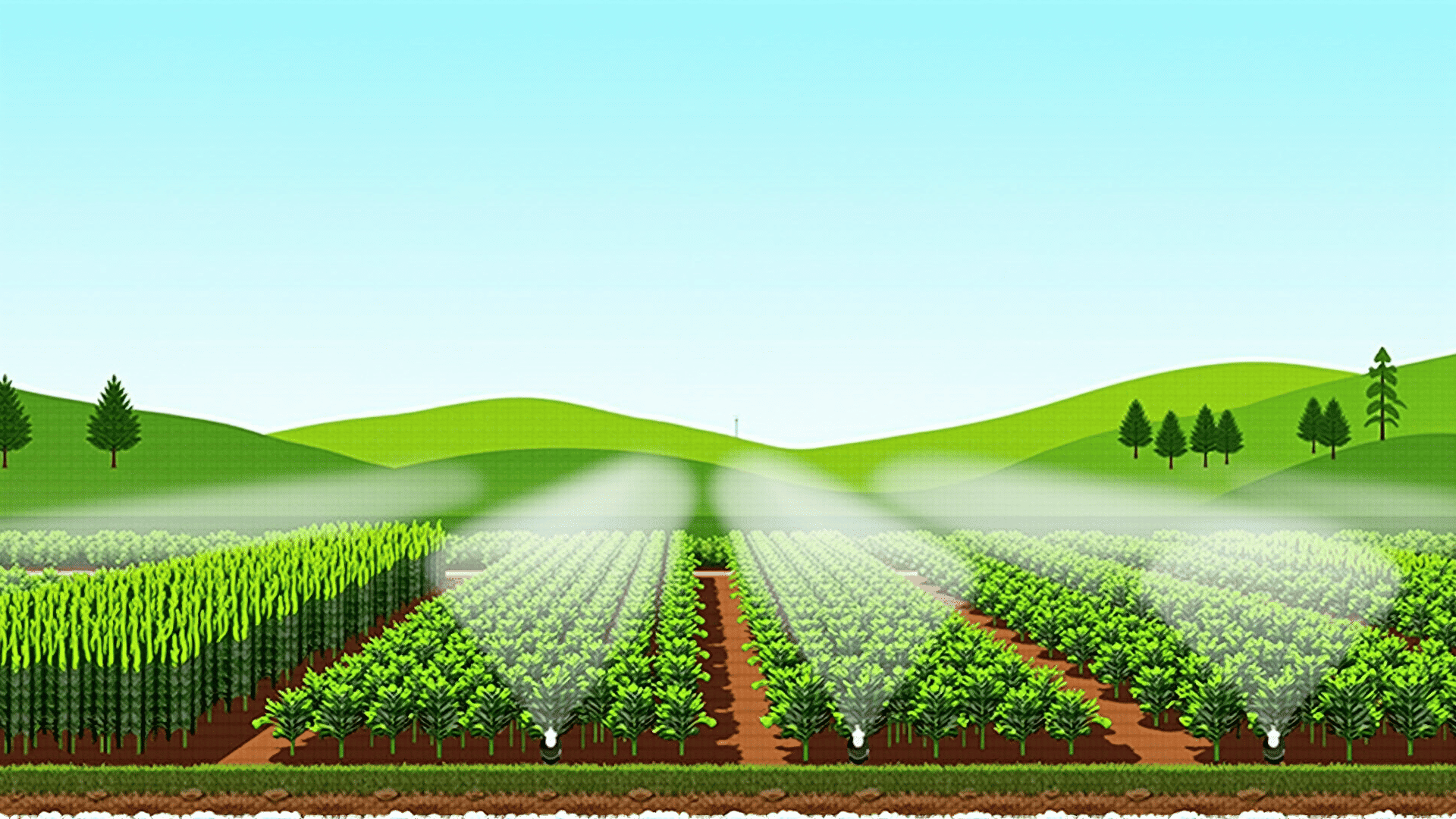In today's world, the balance between maintaining agricultural productivity and conserving natural resources is more critical than ever. One significant challenge that farmers and gardeners face is managing water resources efficiently. Smart irrigation systems are emerging as a game-changer in this arena, leveraging technology to optimize water usage while enhancing crop yield.
At their core, smart irrigation systems combine advanced sensors, weather data, and automation to deliver the precise amount of water needed by plants at the right time. Unlike traditional irrigation methods, which often lead to overwatering or under-watering, these intelligent systems analyze real-time information to adapt watering schedules efficiently.
The cornerstone of these systems is the array of sensors strategically placed in the field. These sensors measure soil moisture, temperature, and humidity levels, providing critical data that informs the irrigation process. For instance, if the soil moisture is adequate, the system will refrain from watering, thus conserving water and preventing root rot caused by over-saturation.
Weather data integration is another vital component of smart irrigation systems. By connecting to meteorological services, these systems can predict rainfall and adjust irrigation schedules accordingly. This predictive capability ensures that plants receive what they need without wasting this precious resource. During rainy periods, the system automatically skips watering cycles, redistributing water resources to dry periods when plants need them most.
Automation is also key in smart irrigation. By using technology such as IoT (Internet of Things) and AI, these systems can be remotely controlled and monitored through smartphones or computers. This convenience allows farmers and gardeners to adjust settings on-the-go, ensuring a responsive approach to changing environmental conditions.
Adopting smart irrigation systems brings several benefits beyond water conservation. By delivering water efficiently, these systems not only reduce utility costs but also promote healthier plant growth and higher yields. Proper water management reduces stress on plants, leading to more robust growth and increasing resistance to pests and diseases.
Furthermore, smart irrigation supports sustainable agricultural practices. By conserving water, these systems help protect our natural ecosystems and preserve water for future generations. This sustainable approach also aligns with global efforts to combat climate change by reducing resource wastage and promoting efficient farming practices.
In conclusion, smart irrigation systems represent a crucial step forward in modern agriculture and gardening. By intelligently managing water usage through advanced technology, these systems offer a sustainable solution that conserves water and enhances crop yield. As global water resources become increasingly strained, implementing such systems could be pivotal in ensuring the world can feed its growing population while preserving the planet's vital resources.
